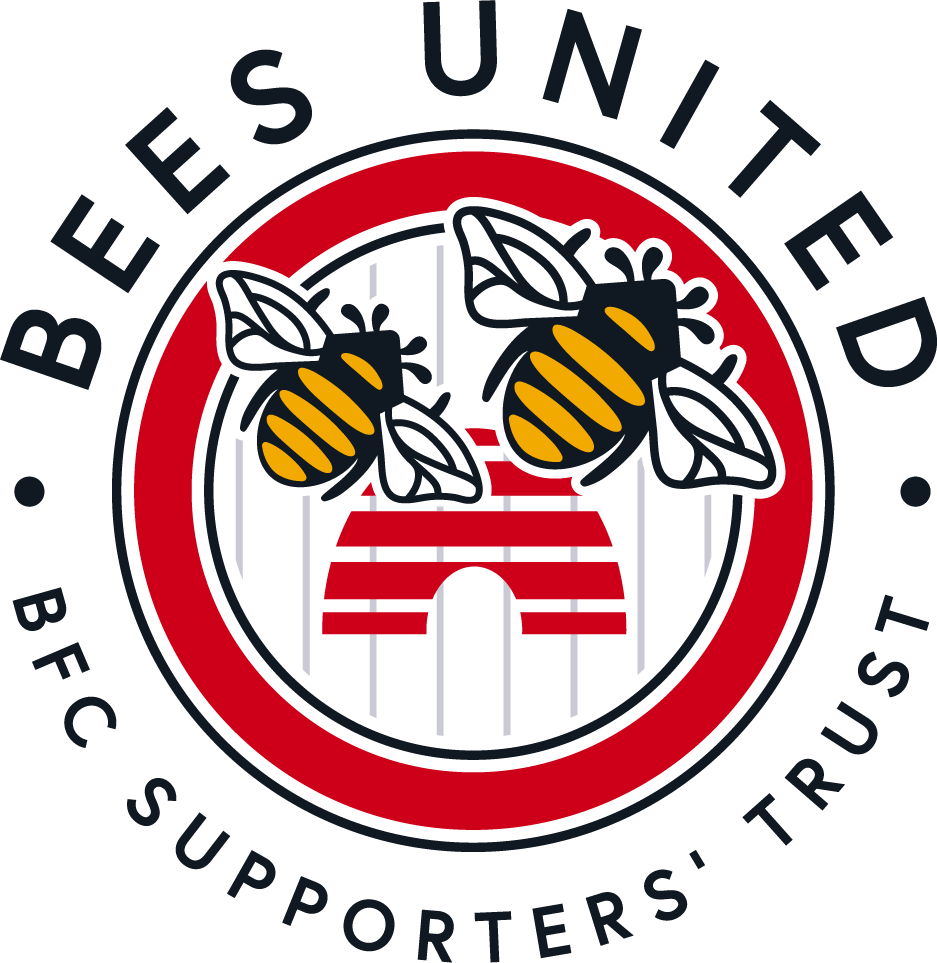Call me weird, but a highlight of that frustrating home defeat to Aston Villa in early March was the sign that came up on the big screens as the sun went down.
 It read: ‘As tonight’s match takes place during the holy period of Ramadan, play has been paused to allow players to break their fast.’
It read: ‘As tonight’s match takes place during the holy period of Ramadan, play has been paused to allow players to break their fast.’
This, in glowing letters, demonstrated the close links between faith and football and how, in today’s Premier League, and other leagues, there is an acceptance that a player’s religion can influence the way they live their lives, and play their sport.
In ‘Inshallah United,’ Manchester United fan Nooruddean Choudry, a Muslim, chonicles the joys and challenges of combining faith and football, as well as tackling the ‘top five common fallacies about Muslims.’
These include stating that Muslims don’t hate Christmas, and that Ramadan “is not just about fasting. It’s a month of spiritual renewal and reaffirming the basic tenets of your faith.”
For Christians, that can sound a lot like Lent, a period of spiritual reflection – sometimes including fasting – in the run-up to Easter, the most important Christian festival. (Yes, of greater significance than Christmas, many would say.)
Choudry likens supporting his club to following his faith. He says, “I like walking to Friday prayers for the same reason I like walking to the game: it gives me an overwhelming sense of belonging.”
He adds “Fundamentally, I think we all want to belong to something bigger than ourselves. To have an identity that resonates with others and makes us whole.”
I know what he means. Singing ‘Hey Jude’ ahead of kick-off can feel a bit like a religious experience, with thousands of fans singing with hands raised, looking heavenward.
Brentford FC fans come from all faiths and none – except perhaps being united in a belief in the Club. And that’s a belief that transcends managers and players, that goes on through generations and endures through poor seasons and great success.
Back in 2006, author Peter Lupson researched the Christian roots of 12 football clubs, from Aston Villa to Tottenham Hotspur, Manchester City, Liverpool and Everton to (dare I say it) Fulham. Lupson’s book, ‘Thank God for Football’ was praised by football legend John Motson, who described the Christian founders of many of the top clubs as having made “a remarkable contribution to our great national game.”
I can’t detect any strong church associations to the founding of Brentford FC although ‘The Official Big Brentford Book of Griffin Park’ records early matches being played on a field at the back of the town’s Wesleyan chapel.
The Football Association has published welcome guidelines to help clubs understand and respond to how players’ religious beliefs can impact their game. Called ‘Faith and Football: Belief in the Game,’ it sets out the key tenets of Christianity, Islam, Hinduism, Sikhism, Judaism, Buddhism and other faiths, and has case studies of people involved in the game.
Brentford is now established as a Premier League club: one that is here to stay for the long term. That means we will have a growing international fan base, and one that will have a wide range of religious beliefs. Across the globe, faith plays a major role in the lives of many millions of people.
We may be rooted in west London, but increasingly we are playing to a global audience. It’s important that people and players of all faiths – and none – can feel welcome at the GTech. We have a club chaplain, Sarah Guinness, who helps to ensure that’s the case.
As Christians celebrate Easter in churches across the world – and Brentford fans look to a win over Brighton on the Easter weekend – my prayer is that people of all faiths will celebrate the joy of football and of coming together around a team that’s on the up…
Rev Peter Crumpler
Peter is a lifelong Bees supporter
He was brought up within the sound of Griffin Park
And he’s a Church of England minister in St Albans, Herts.

